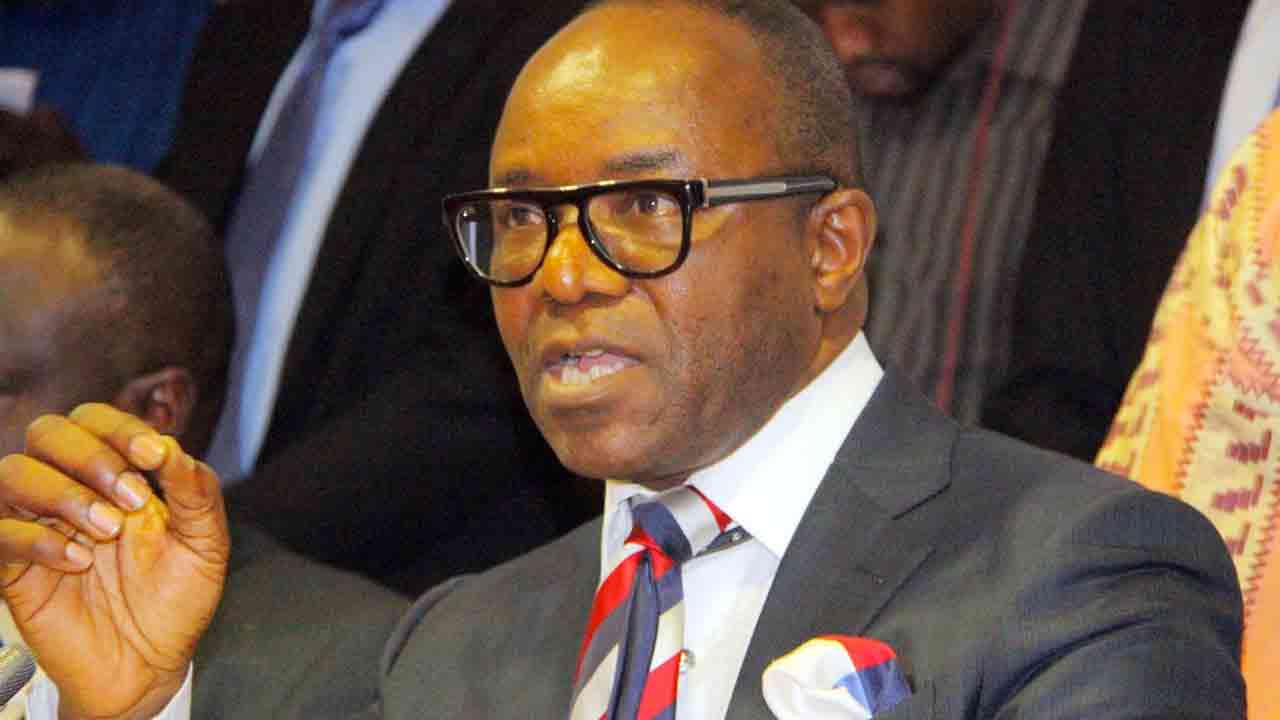- Fuel Import Costs $15b Yearly
Nigeria is spending about $15billion yearly on fuel importation, the Group Managing Director, Nigerian National Petroleum Corporation (NNPC), Dr Maikanti Baru, has said.
A statement titled: Green Field Refinery Initiative yesterday quoted Baru as saying the country spends between $12billion to $15billion yearly to reduce the deficit in daily domestic fuel consumption in the country.
He said the Nigeria’s resort to fuel importation became imperative in order to improve supply and avert scarcity.
He said the development poses serious threats to the government’s dwindling revenue, if left unchecked.
According to him, the country’s dwindling fortune was caused by the fall in the international prices of crude oil , adding that the Federal Government is investing in additional refinery capacity alongside private investors, who have demonstrated their readiness to hold some equities in the project.
Baru said: ‘’To reduce the huge cost expended in importing fuel into the country, especially the money that is being spent in reducing deficit in the supply of the product, the government is investing in refinery capacity, alongside companies that are holding some equities in the refinery project. “Through this means, the government would be able to meet the country’s gasoline consumption of 36million litres per day and 10 million litres of kerosene per day.”
He said government is trying to establish three refineries with approximately 400-550 million barrels per day (bpd) in Lagos, Bayelsa and Kogi states, in order to boost fuel processing in the country.
Baru said the issue of location, configuration and shareholding structure of the refineries would be determined by the government and the private investors, adding that the refineries would be market oriented and profit motivated.
He said the government is in the vanguard of promoting new refineries in order to increase in-country crude oil refinery capacity and further help private investors to perform in the face of technical and financial challenges facing them.
Baru said the refineries will boast of state-of-the-art facilities, as well as provide high percentage of white petroleum products. He stressed that the refineries would operate as import substitution plants that would be supplying refined products to consumers in the domestic market.
‘’In addition, the refineries would be exporting to regional and international markets, with a view to make more money. This means that the refineries are going to play across borders, a development that would enable them to earn foreign exchange,’’ he added.
He said the idea would enable Nigeria to become fuel hub in West Africa , which according to him, boasts of 18 countries, 290 million population and Gross Domestic Product (GDP) of $340bilion.
He said the establishment of new refineries would enable Nigeria to become self sufficiency, as well as encouraging economic growth.
The refineries, Baru said, would have a multiplier effects on the economy because they would provide direct and indirect jobs for the people.

 Forex3 weeks ago
Forex3 weeks ago


 Naira2 weeks ago
Naira2 weeks ago
 Billionaire Watch2 weeks ago
Billionaire Watch2 weeks ago




 Naira2 weeks ago
Naira2 weeks ago




 Naira2 weeks ago
Naira2 weeks ago




 Naira1 week ago
Naira1 week ago




 Naira4 weeks ago
Naira4 weeks ago




 Naira3 weeks ago
Naira3 weeks ago






















